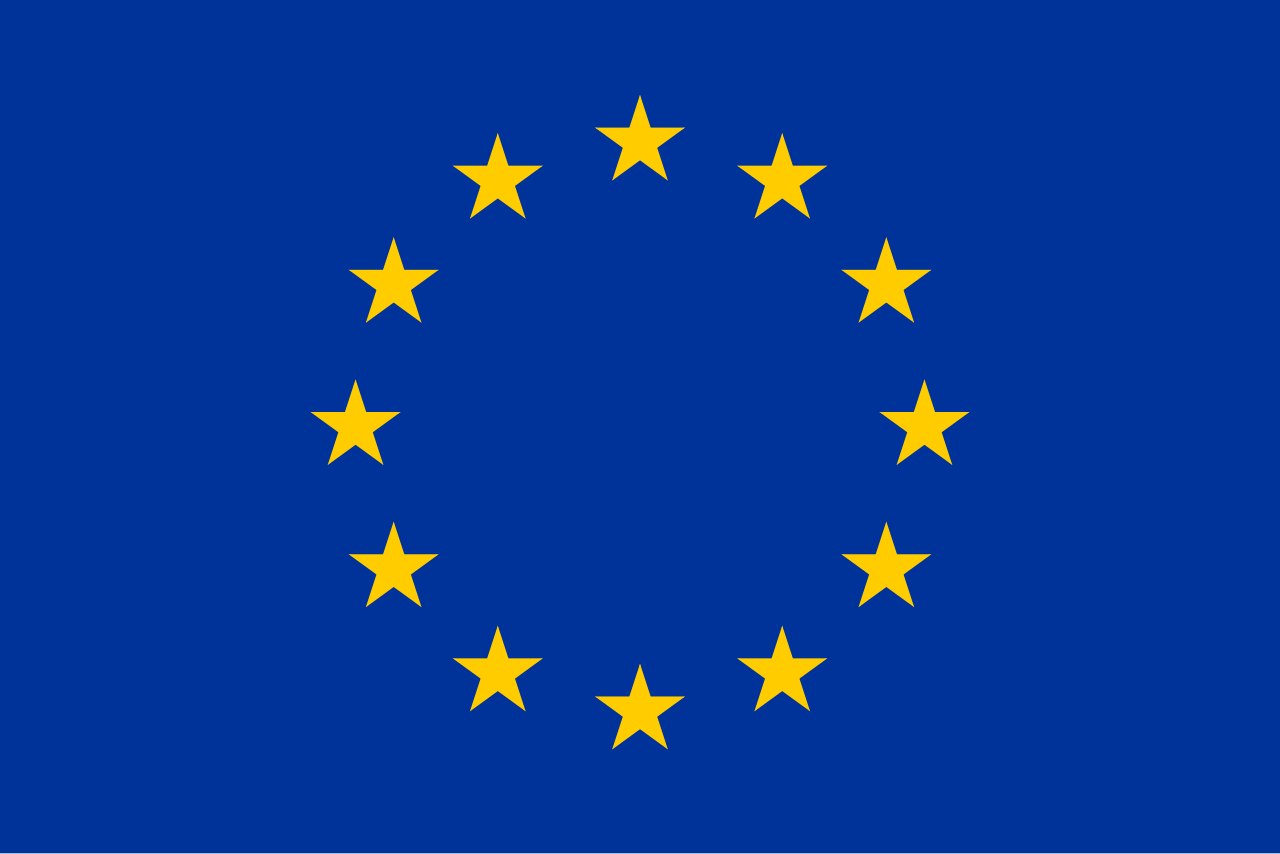- cross-posted to:
- china@sopuli.xyz
- world@lemmy.world
- world@quokk.au
- europe@feddit.org
- cross-posted to:
- china@sopuli.xyz
- world@lemmy.world
- world@quokk.au
- europe@feddit.org
cross-posted from: https://lemmy.sdf.org/post/44281482
Op-ed by Nicola Casarini, Associate Fellow at the Istituto Affari Internazionali (IAI) and Senior Research Fellow at the Asia Institute-University of Bologna.
Europe’s ‘Two-Chinas’ strategy and the prospect for Beijing-Taipei peaceful coexistence: EU-China economic relations continue to grow, while Brussels is gradually integrating Taiwan into Europe’s markets
- The EU is moving towards a ‘Two-Chinas’ strategy: EU-China economic relations continue to grow, while Brussels is gradually integrating Taiwan into Europe’s markets.
- While not questioning the ‘One-China’ policy, Brussels has downgraded political relations with Beijing, while EU-Taiwan ties are being promoted across the board.
- Given Europe’s increasing stakes in peaceful coexistence between China and Taiwan, Brussels must step up efforts to facilitate (unofficial) dialogue between the two.
In recent years, Europe has significantly upgraded its economic and political relations with Taiwan. Officially, the Union and its member states continue to recognise and have formal ties only with the People’s Republic of China (PRC), abiding by the so-called ‘One-China’ policy – Beijing’s position that there is only one Chinese government that Brussels has acknowledged since 1975, when both the PRC and the Republic of China (Taiwan) were under authoritarian rule.
Five decades later, the PRC continues to be ruled by the Communist Party, and while the reforms initiated in the late 1970s have brought about significant socio-economic changes and modernised the country, the political transformation hoped for by the West has not materialised. Under Xi Jinping, in power since 2012, China has become even more nationalistic and authoritarian, with a tightly controlled economy and society, and an assertive foreign policy towards neighbours.
Taiwan has become, instead, a free and open society, with an advanced market economy. No wonder that the island has been embraced by Western countries as a successful example of transition from authoritarian rule (Taiwan endured 38 years of martial law from 1949 to 1987) to full-fledged democracy.
[…]
The push for closer Europe-Taiwan relations across the board has traditionally been led by the European Parliament, which is also the EU institution that has criticised Beijing’s regime the most in recent decades. Members of the European Parliament (MEPs) are now pressuring the European Commission to finalise an EU-Taiwan Bilateral Investment Agreement (BIA), after having shelved the EU-China Comprehensive Agreement on Investment (CAI) announced in 2020 but never greenlighted by the Parliament due to Beijing’s imposition of sanctions on some MEPs’ (recently lifted).
[…]
Brussels and Taipei are also working on a Resilient Supply Chain Agreement (RSCA) as well as a Capital Markets Link (CML) which would expand investment opportunities, boost market liquidity and improve capital access for companies from both sides. There are plans to connect the Taiwan Stock Exchange with leading European exchanges, including Frankfurt, Paris, Amsterdam and Milan, giving European investors direct access to Taiwanese equities. This would not only strengthen Taiwan-EU economic ties but also offer a structured pathway for facilitating two-way investments which have grown significantly in recent times.
European companies are attracted by Taiwan as a high-tech hub, while the Taiwanese corporate sector is driven to Europe by a desire to diversify the companies’ global footprint, enhance supply chain resilience, and capitalise on European market opportunities and strategic initiatives like the EU Chips Act, which aims to boost Europe’s semiconductor manufacturing capabilities, and the Green Deal.
[…]
In 2023, Taiwan Semiconductor Manufacturing (TSMC) – Taiwan’s largest company – teamed up with Stuttgart-based Robert Bosch, Neubiberg-based Infineon Technologies and Netherlands-based NXP Semiconductors to set up the European Semiconductor Manufacturing (ESMC) as a joint venture, receiving financial support from Germany and incentives from the European Commission. ESMC will provide advanced semiconductor manufacturing services to industries such as the automotive and industrial sectors.
Hsinchu-based GlobalWafers has received a development grant of up to 103 million euros from the European Commission and the Italian government for its 12-inch chip plant project in northwestern Italy – an investment largely incentivised by the EU Chips Act. ProLogium, a Taiwanese solid-state battery manufacturer, has made a 5 billion euro investment in France to build a battery factory to take advantage of the EU’s Green Deal.
According to the Taiwanese government, in 2023 alone, Taipei initiated 22 new investment projects in the EU, totalling almost 5 billion US dollars. Europe’s open-door policy to Taiwanese investments stands in stark contrast to the reception given to PRC investors who are increasingly scrutinised when entering the EU and face mounting difficulties in some strategically sensitive sectors.
EU-Taiwan deepening of ties in the areas of investments, supply chains, critical technologies, semiconductors and finance means that Europe’s stakes in peaceful Beijing-Taipei relations have never been so high.
[…]
Brussels should seriously consider what to do if Taiwan is attacked. The continuation of the current status quo would be the best option for Taiwan, the US, the EU and indeed the whole world, though it may not be tenable as the PRC – and large swathes of its population – have embraced the narrative that Taiwan must return to the ‘motherland’, with the Chinese military preparing for that.
[…]
Europe could certainly use its economic weight to exercise pressure on Beijing, though unanimity within the bloc would be difficult as the 27 member states have different approaches towards Beijing. The real added value of the EU lies in its soft power capabilities.
The EU should make the most of its ‘Two-Chinas’ strategy to convince Beijing and Taipei to engage in dialogue. Towards the PRC, Brussels should signal that the EU values cooperation with China on East Asian affairs (and globally) linking the improvement of EU-PRC political relations to the acceptance by Beijing’s leadership to discuss, at least unofficially and behind closed doors, the future of Cross-Strait relations. Towards Taiwan, Brussels should highlight its unwavering support for Taiwanese democracy.
[…]

